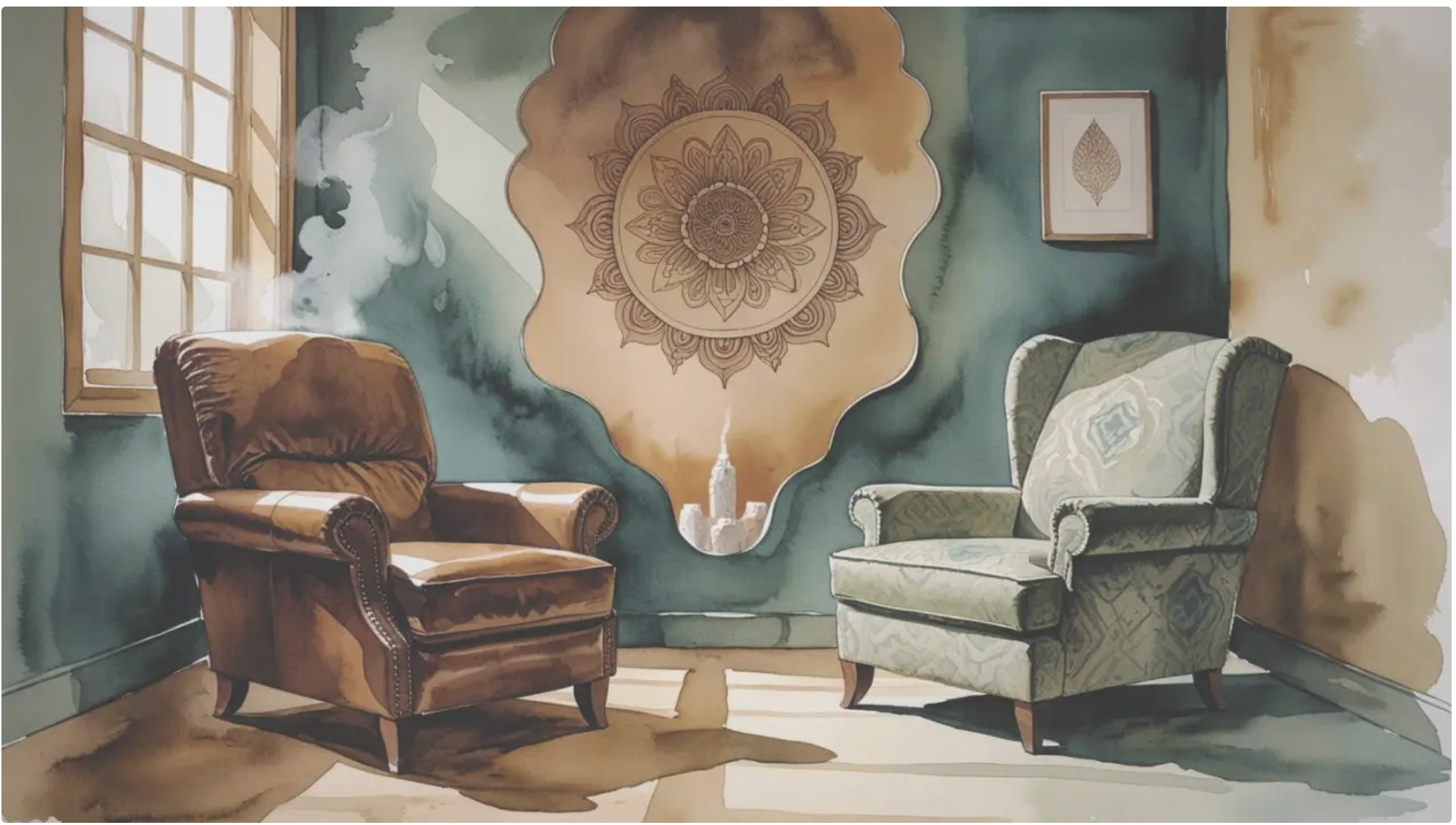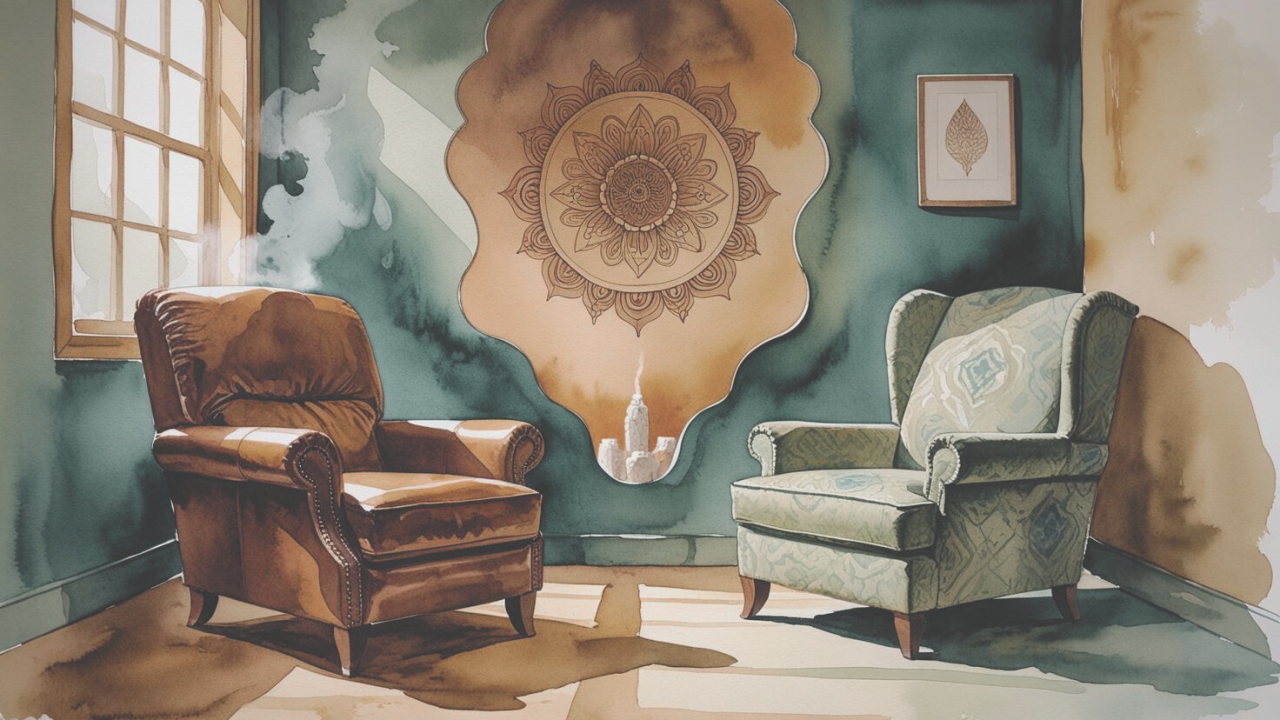As we build out Proximate Brasil, I am excited to launch a new column, Deepening Philanthropy, where I will join guest writers in sharing perspectives and provocations around shifting power in Brazil’s philanthropy sector.
For the first piece, I’m excited to invite Ana Biglione to share reflections on the concept of “practice”. Ana is a cofounder of Philó and Noetá, Proteus Initiative associate, and a Movement for a Culture of Giving member. She has vast experience working in organizational development for the philanthropic field in Brazil and across Latin America.
In her work, she often leads learning processes for organizations and individuals engaged in social transformation. In the piece below, she reflects on the difference between a technique and a transformative practice, and how understanding the difference is often what is needed to move the needle.
You are in for a treat!
Philanthropy as a practice
By guest columnist Ana Biglione
As philanthropic leaders across Brazil adopt participatory models, it’s important to remember that it represents a significant change.
The change is one of mindset and approach. For perhaps the first time on a large scale, those working in the philanthropy, development and aid sectors are being asked to dramatically reimagine their roles and their relation to the communities they work with.
They are being asked to change not just what receives resources, but how they approach their work. It is a shift from a mechanist, dualistic, and rational approach, to a more human approach, rooted in practice.
Of all fields of knowledge where a deepening of practice is urgently needed, philanthropy is the one that can't be excused. In it lies the difference between sustaining or changing the status quo of social and power dynamics. If philanthropy leaders honestly want to give in power-shifting ways, it is crucial to understand that it is not only about what is done, but how it is done.
Paulo Freire writes about the radical idea that “without a practice, it is impossible to overcome the oppressor-oppressed contradiction”. We perpetuate the status quo by shirking our reflective responsibility, and we give life to a world that becomes oppressive for everyone, in disastrously unequal proportions.
It’s clear that if we want the world to change, we must not only act; we must practice.
What is practice, anyway?
Let the beauty of what you love be what you do - Rumi.
I began to explore practices more deeply when I started working with Reflective Social Practice. Years before, Paulo Freire had already been defending the idea of praxis, which is consciously directed and procedurally critical practical activity through which human beings create and shape reality and themselves.
For him, reflection is inherent in practice (or praxis), and consistent practice necessarily reduces alienation and disconnection. As a consequence, the exercise of practicing builds increasingly more human beings and contributes to the existence of a truly humane society, at the service of the constant unfolding of all life.
Living in contemporary society usually means to understand what we do in a simplistic way. Our professional activity, our work, is seen only as a means of 'making a living'. It's not usual to think too deeply about the nature, consequences, relevance or meaning of what we do. It's work, period.
This view is shaped by the socio-economic model to which we belong. More often than not, it is unconscious. And it reduces our understanding of what we do in the world; it separates those who do from what is done.
The idea of practice, then, is the opposite of this. To see what we do as a practice is to understand the meaning of what we do based on who we are and how we do it. A practice can be defined as the expression of what an individual brings into the world, or perhaps as the way in which something in the world is revealed and expressed through what is done.
Bringing a practice to life is creating a generative idea, which carries within itself the transformative capacity mentioned by Freire, and requires an intentional attitude. It means creating critical awareness about doing, keeping awake the reflective capacity through which we intentionally participate in reality, in the world around us. It means being constantly unaccustomed, inside a process of renewing.
Practicing, in this sense, is an activity unique to humanity, which is capable not only of acting, but also of consciously reflecting on oneself and one's actions. It reveals us as ethical, political beings who are co-creators of the reality that surrounds us - and responsible for it. We cannot expect other living beings to assume responsibility for their actions, and we cannot exempt human beings from it.
A posture of care
The worst evil is that to which we become accustomed - Jean-Paul Sartre
In 'A Delicate Activism', South Africans Allan Kaplan and Sue Davidoff also make it clear that a practice requires continuous care, observation, and reflection if it is to exist fully, if it is to remain active, if it is to remain a practice.
Developing a posture of attention, care, questioning and reverence for what we do is essential if we are not to settle into the comfortable armchair of a non-práxis, of a dehumanizing and automated performance, which gets stuck in tools and falls asleep in the face of the reality it addresses, and in one's own sense of existence. By not making room for critical reflection, we end up maintaining paradigms that we believe we are transforming.
It is critical to sustain reflective observation, and generate a growing awareness of oneself. This positions us as constant learners of our own practice. Or as Allan Kaplan once told me: 'The practice of activism is the attentiveness to practice.'
At the same time, we need to be careful: taking on this responsibility should be equally proportional to the privileges we enjoy. The more privileges a person has, the greater their responsibility to reflect and engage in the construction of a practice.
Philanthropy as a locus of coherence
A revolutionary is someone who wants to change the world and has the courage to start with themselves. - Sérgio Vaz
In current institutional philanthropy, it is not uncommon to find programs that claim to promote autonomy with highly controlling operating structures. Or even the construction of goals as a strategic intention, which in practice end up limiting creativity and a systemic gaze.
In Brazil, for example, initiatives such as PIPA - working to democratize the distribution of philanthropic resources to favelas; or the latest GIFE congress with the theme of Challenging Structures of Inequalities, have recently highlighted how the design structures in programs can accidentally maintain the same paradigms of socio-racial inequality that these initiatives wish to transform.
In a fair amount of situations, we experience something similar to what Bárbara Christian, writer and researcher of Afro-American studies, calls the crime of innocence: the act of exempting ourselves from an understanding (or maintaining ignorance) so that we don't have to give up privileges that we would have to leave behind if we did.
Something like: “Oh, but I didn't know that to do so is to be controlling”. We live in an abstention from responsibility both for what we choose to do in the world and for the lack of critical reflection on it.
When we maintain an observant and reflective attitude, we become better able to perceive when our practice is ceasing to be practice and becoming mere reproduction or alienated doing, and we can bring awareness to unwanted patterns (of behavior, of dynamics) that are usually hidden. Naming what emerges from critical reflection, even if it's not always pleasant or in line with our desires or self-image, is fundamental.
But while this may seem simple as an idea, it is not easy to achieve it. How much have you really reflected not only on what you do but on how you do it? How much have you truly listened to others, questioned, and been open to change? In the search for continuous critical awareness, we need to gain the courage to observe—rigorously—and examine—with scrutiny—what we have grown comfortable doing.
How much have you really reflected not only on what you do but on how you do it? How much have you truly listened to others, questioned, and been open to change?
In addition, we need to recognize that in contemporary society, almost all the necessary attitudes are contrary to a modus operandi that seems to be in force today - one of acceleration, separation, materialism, and self-centeredness, which makes the task an even more arduous choice. Questioning often means going slower, doing less with more consistency. It means approaching social transformation with humility, engaging in partner dialogue, adapting strategies, and reassessing your role. It means cultivating space for a deeper understanding of oneself and the phenomena in which one is involved.
But, as challenging as this is, if philanthropy - born to transform as its primary mission, doesn't face it, who will?
By moving in its direction, we are opening ourselves up to regenerating dynamics that are at the heart of our society's issues and inequality as a whole: power relations, fragmentation, and distancing. In other words, when we hold our practicing alive, we contribute to a truly systemic and perennial change, transversal to any project support, which no action strategy could achieve on its own.



.webp)



.webp)






.webp)
.webp)
.webp)












.webp)

